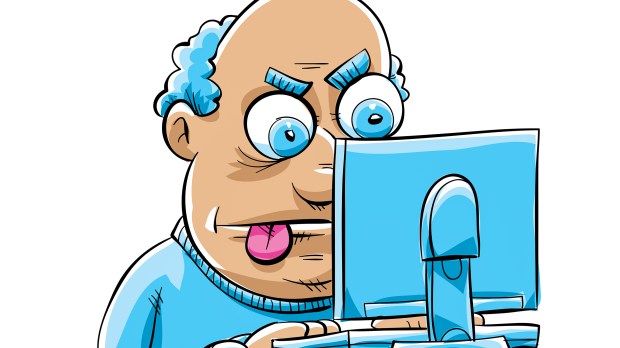I’ve been guilty of this sin myself—the practice (increasingly popular on the Internet) of posting examples of bad liturgy with the sole intention to deride, ridicule or mock. Writer William Bornhoft argues it is something we need to avoid. He makes good points; during Lent, I think, this is especially sage advice:
I followed a handful of groups on Facebook that frequently engage in this practice, including the amusingly named “SLAP” or “Survivors of Liturgical Abuse in Parishes.” The group exists in part to curate the names of renegade parishes and liturgical horror stories. The posts are often accompanied with photographic evidence, usually something shocking or cringe-worthy.
I sympathize with the Catholics sharing these stories. The liturgy should be sacred and glorify God, and sometimes it feels like it’s doing anything but. New York Times columnist Ross Douthat once wrote that he “is regularly appalled by the state of the liturgy in the American Church.” I often find myself in agreement with this sentiment.
However bad it might be, though, if we step back, reflect and pray, it should become obvious that Catholics must avoid using the brute force of the Internet to “expose” liturgical problems and shame the offending parishes. It is both uncharitable and impractical — uncharitable because we often wrongly assume the worst rather than the best intentions of the parish (“they’re heretics”; “this isn’t allowed in the Church”; “they must not care for God or the Eucharist”) without knowing anything about it. It is impractical because viral shaming campaigns are not a realistic method of reform or correction in the Catholic Church. Shaming people does not encourage them to listen; it usually urges them to hide, as this parish did by closing down its Facebook page.
Parish problems should be dealt with on the parish level, when possible. If that fails, they should be dealt with on the diocesan level, and so on. This is entirely in keeping with our teaching of subsidiarity. Rather than behaving like prideful whistleblowers appealing to the online masses when we are offended, we should properly communicate our grievances through the Church’s hierarchy, starting with the first person in authority. This is usually the pastor of the parish itself, who could be sympathetic to your concerns. Pastors aren’t mind readers, and they’re not perfect. We should not assume that any negligence — liturgical or otherwise — was their intention.

